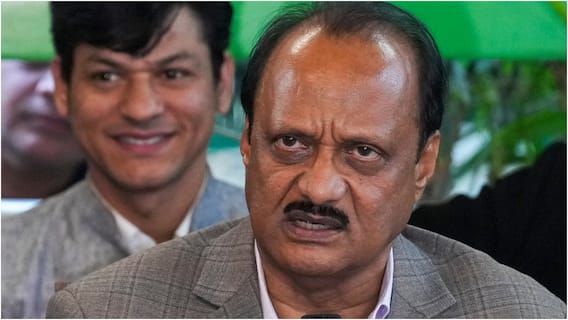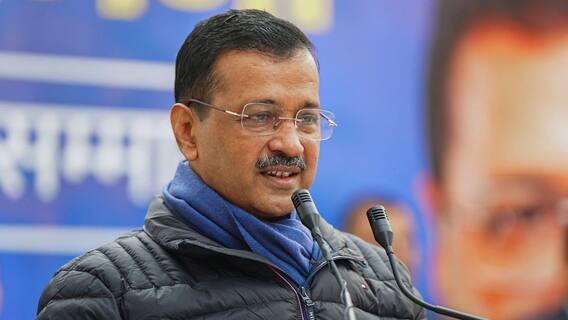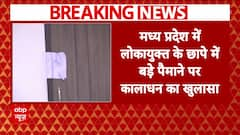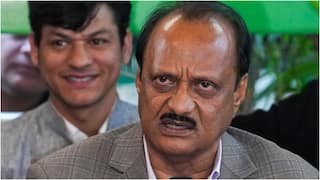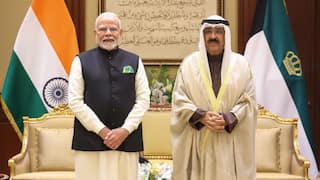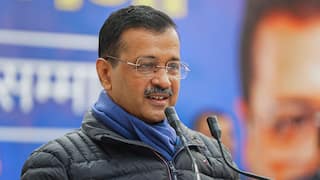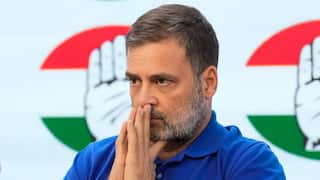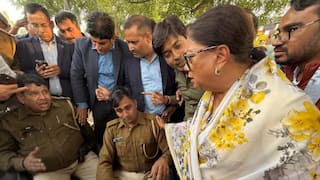After Wading Into Russia-Ukraine Crisis, Elon Musk Offers Suggestion To Resolve China-Taiwan Tensions
On the Taiwan issue Musk said, "My recommendation . . . would be to figure out a special administrative zone for Taiwan that is reasonably palatable, probably won't make everyone happy."

New Delhi: After Tesla chief Elon Musk drew criticism from Ukrainian President Volodymyr Zelenskyy over his divisive proposal to end Russian invasion, the billionaire has now proposed to resolve tensions between China and Taiwan. Extending his suggestion on the Taiwan issue, Musk said, "My recommendation . . . would be to figure out a special administrative zone for Taiwan that is reasonably palatable, probably won't make everyone happy."
Musk made the suggestion in an interview with the Financial Times on Friday after he was probed about China, where his Tesla electric car company operates a large factory, reported news agency Reuters.
Beijing claims Taiwan as one of its provinces saying it democratically ruled the island nation. It also threatens to use force to bring Taiwan under its control. While Taiwan strongly rejects China's sovereignty claims citing the island's 23 million people can only decide its future.
"And it's possible, and I think probably, in fact, that they could have an arrangement that's more lenient than Hong Kong," Musk, was quoted as saying by the newspaper.
It is to be noted that the Shanghai factory accounted for about half of Tesla's global deliveries last year. Musk also said China has asked for assurances of not offering the Starlink internet service of his SpaceX rocket company there.
Musk maintained that conflict over Taiwan was inevitable and warned of its potential impact on not only Tesla, but also on iPhone maker Apple Inc and the wider economy.
The Tesla CEO, who is looking to revive a $44 billion deal to take control of Twitter, argued in a tweet earlier that to reach peace Russia should be allowed to keep the Crimea Peninsula that it seized in 2014. He also suggested that Ukraine should adopt a neutral status, dropping a bid to join NATO following Russia’s partial mobilization of reservists, reported news agency AP.
Trending News
Top Headlines







